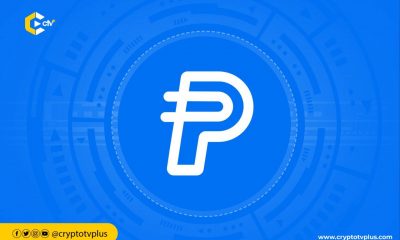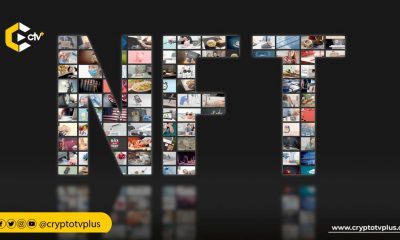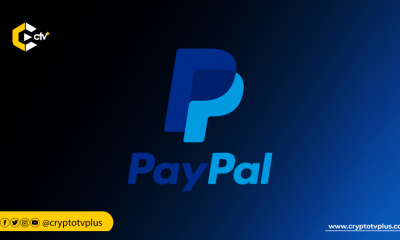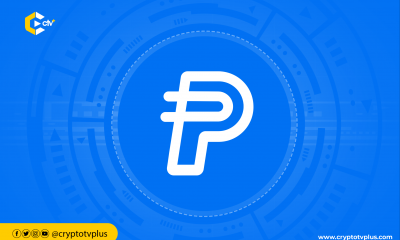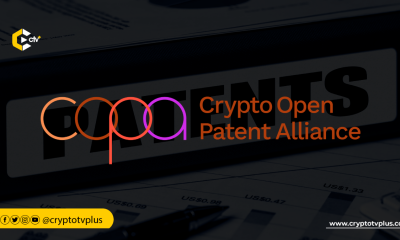News
PayPal focuses on L2s and NFTs in new patent
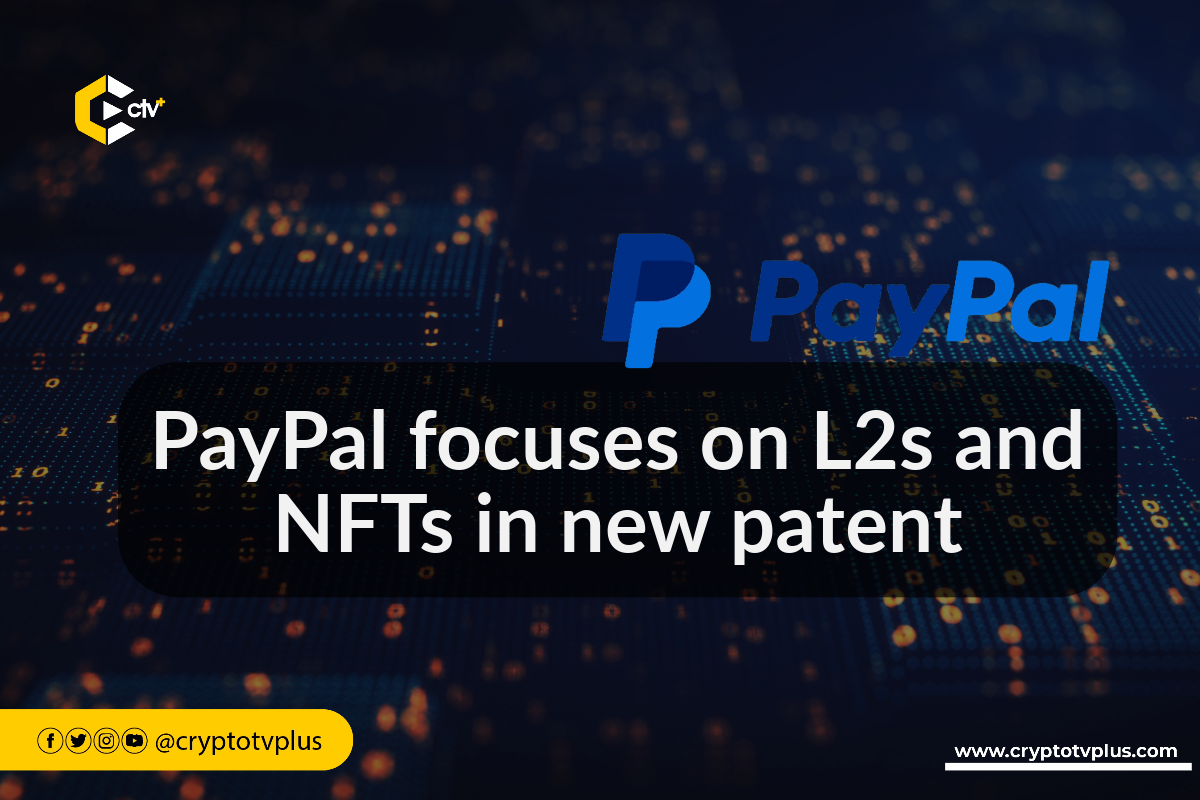
As a build-up to previous patent applications , PayPal is solidifying its interest in distributed ledger technology, focusing on layer-2 solutions and NFTs (Non-Fungible Tokens) in a new patent.
These patent filings offer insights into PayPal’s strategic focus in the rapidly evolving blockchain space.
PayPal, a global payment firm with over 400 million active accounts, is one of the leading traditional Fintech institutions showing growing interest in the Web3 industry.
On September 11, 2023, PayPal introduced on and off-ramps for Web3 Payments.
The PayPal Off Ramps feature is accessible to wallets, decentralized applications (dApps), and non-fungible token (NFT) marketplaces, and is live on MetaMask.
This feature allows users in the United States to convert their crypto to U.S. dollars directly from their wallets into their PayPal balance.
It has also launched a stablecoin, PayPal USD, in response to the growing shift toward digital currencies and the need for a reliable bridge.
Web3 mining, metaverse engagement, and Layer 1s and 2s
Details from the latest patent application, initially submitted in March 2022, indicate PayPal’s keen interest in exploring the complexities of selecting validators or miners during the blockchain transaction validation process.
In it, PayPal wants to direct blockchain requests toward specific miners or validators, potentially improving network performance.
Blockchain validators are participants in a blockchain network who are responsible for verifying transactions on the network.
Validators play an essential role in ensuring the security, accuracy, and reliability of the blockchain network.
Validators have several responsibilities, including checking the formatting of new transactions to ensure they are correct, computing hash fingerprints from block to block to detect any alterations on the chain, and validating each new block.
PayPal’s patent application demonstrates its intention to create various innovations, such as an innovative payment system that facilitates off-chain transactions within NFT marketplaces, a metaverse-based product that expands into virtual realities and digital landscapes, and an “online transaction processor” capable of recommending digital assets to users based on their blockchain preferences and metaverse interactions.
The payment company is also exploring the possibility of creating an efficient online transaction processor that facilitates seamless payments between users and merchants operating on various network layers (layer-1s and layer-2s).
Collectively, Paypal’s blockchain patent applications offer valuable glimpses into PayPal’s ever-evolving approach in the realm of cryptocurrencies.
Should these applications be approved, PayPal’s influence will extend further in promoting the adoption of Web3 products and services, building on its achievements in the Web2 landscape.
Read also; PayPal’s Game-Changing Move: Introducing PYUSD Stablecoin and Redefining Corporate Crypto



